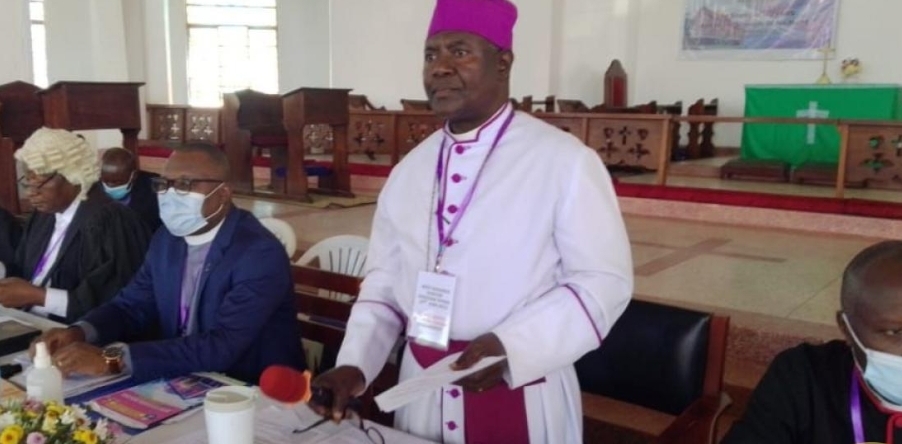West Buganda Anglican Diocese has resolved to enforce the mandatory coffee growing in all parishes within its jurisdiction.
The decision was reached in an extraordinary sitting of the diocesan synod held on Wednesday at St Paul’s Cathedral Kako in Masaka district.
The meeting was convened to among other things consider amendments in their constitution, which was enacted in 1960 at the inception of the diocese. About two years ago, Henry Katumba Tamale, the Bishop of the West diocese presented the idea of coffee farming as a potential income-generating project for the willing church priests and the laity.
The synod, which is the highest decision-making organ of the diocese eventually adopted the proposal making it a compulsory project for all Churches in the area.
Molly Tandeka, the representative of Sembabule Archdeaconry to the synod demanded that the diocese adopts coffee farming as its niche through, which it can foster improved livelihoods of its priests and lay-readers, wherever they are deployed on their clerical duties.
Besides considering it as an income-generating project that can sustain the priests, she prefers that the diocese also looks at coffee plantations to serve as demonstration farms for the laity, which can also be used to safeguard the church land from the rampant encroachment and grabbing.
The synod resolved to set a threshold of at least three acres of a coffee plantation in each of the 127 parishes and the 13 Archdeacons that make up the diocese. Bishop Katumba says that the project has now been adopted as a decree in the diocese, and its implementation will be among the yardsticks for the performance of priests wherever they are deployed.
He is optimistic that enforcing the mandatory coffee growing project will also directly support the diocese realize its 10-year strategic development plan that aims at building a self-sustaining church for a sustainable mission of evangelization.
Moses Nsereko, the Coordinator of the laity in the West Buganda diocese indicates that once implemented, the coffee project is going to help expand the Church’s sources of income from the traditional offertories and tithe contributions that had become so stressful to the Christians.
According to him, they are also looking forward to expanding the project beyond coffee-growing to introduce the idea of value addition for purposes of earning the Church as an intuition and the individual Christians more money.
The growing of coffee, currently Uganda’s leading cash crop started way back in the 1900 and its expansion was initially spurred through coercive means and decrees that were enforced by the ancient traditional monarchs and imperialists.

